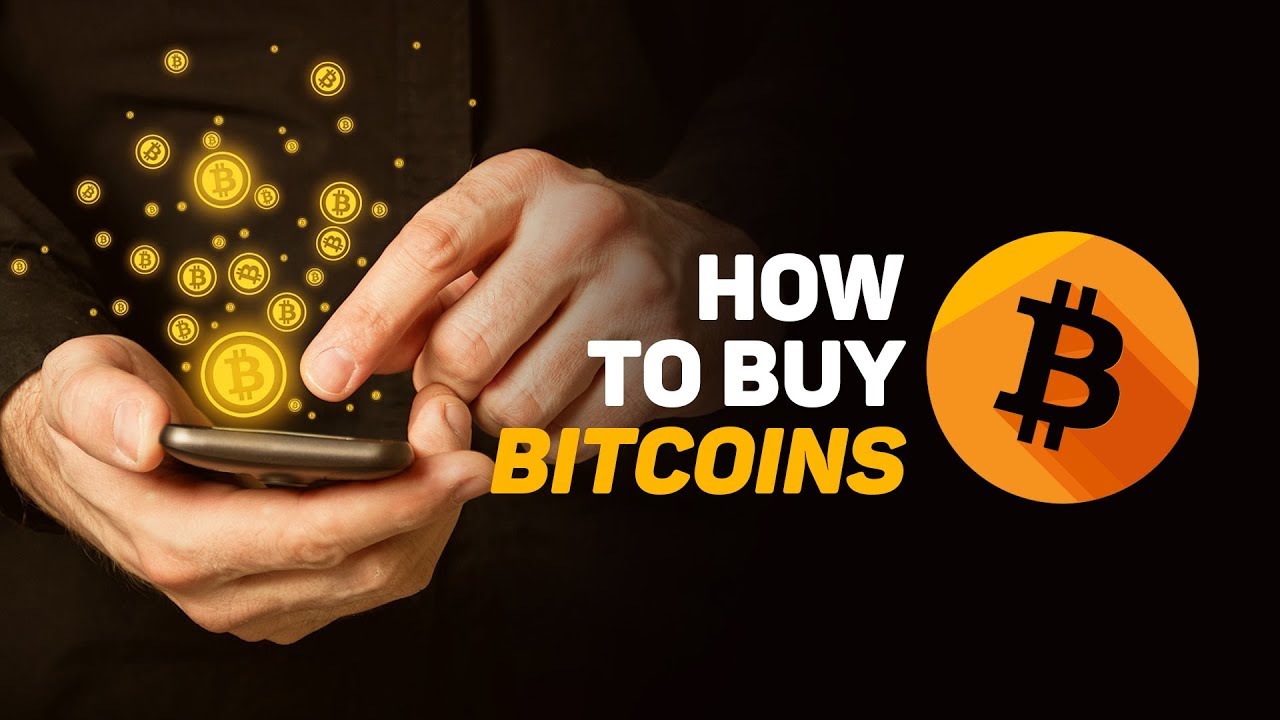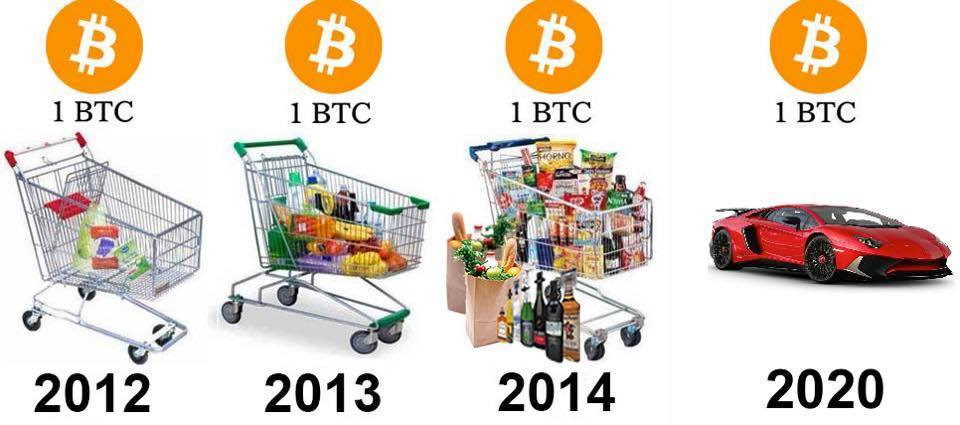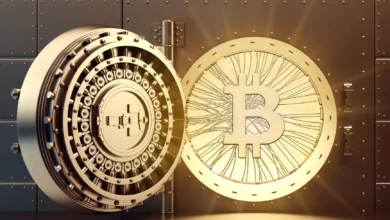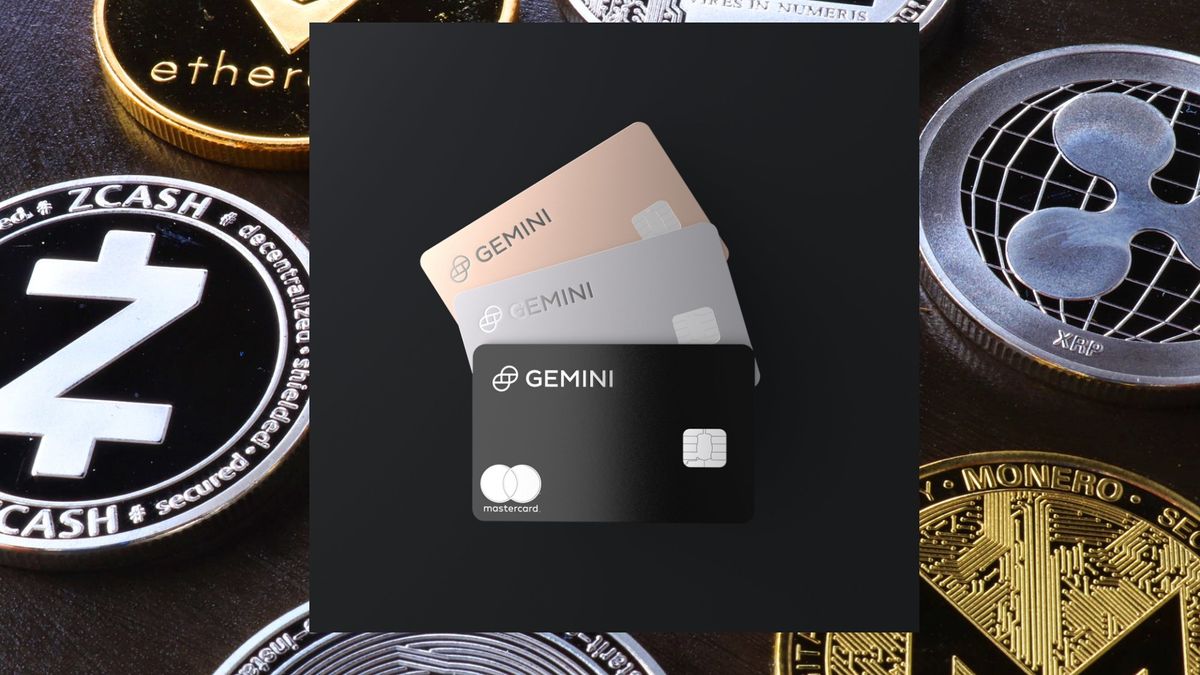
How to use Bitcoin to buy groceries or household items
Bitcoin to buy groceries: Bitcoin has steadily evolved from a niche digital currency into a mainstream payment option for a variety of transactions. While many people see Bitcoin as an investment, it can also be used for practical purposes, like buying groceries or household items. In this guide, Can I Use Bitcoin for Everyday Purchases? we’ll walk you through how to use Bitcoin for these everyday purchases and the tools that make it possible.
Where Can You Use Bitcoin for Groceries and Household Items?
 While Bitcoin acceptance isn’t yet universal, its adoption is growing among merchants and retailers. Here are a few ways to use Bitcoin to buy groceries and household items:
While Bitcoin acceptance isn’t yet universal, its adoption is growing among merchants and retailers. Here are a few ways to use Bitcoin to buy groceries and household items:
- Online Retailers
Some online stores accept Bitcoin directly for household goods. Websites like Overstock offer a wide range of items, from furniture to kitchen supplies, and accept Bitcoin as a payment option. - Gift Cards
If your preferred grocery store doesn’t accept Bitcoin directly, you can purchase gift cards from platforms like Bitrefill or Gyft using Bitcoin. These gift cards can then be used at popular retailers like Walmart, Amazon, or Target. - Local Stores
In some crypto-friendly regions, local grocery stores and supermarkets may accept Bitcoin directly. Tools like CoinMap or Spendabit can help you find Bitcoin-accepting merchants nearby. - Cryptocurrency Debit Cards
Crypto debit cards, like those from Coinbase or Binance, convert your Bitcoin into fiat currency at the point of sale. You can use these cards anywhere traditional debit cards are accepted, including grocery stores.
Step-by-Step Guide to Buying Groceries with Bitcoin
- Choose a Bitcoin Wallet
To make Bitcoin payments, you’ll need a digital wallet. Options include software wallets (like Coinbase or Trust Wallet) and hardware wallets (like Ledger). Ensure your wallet is funded with Bitcoin before making a purchase. - Find Bitcoin-Accepting Merchants
Use directories like CoinMap or browse your local area to identify stores that accept Bitcoin. Alternatively, buy gift cards or use a crypto debit card if direct acceptance isn’t an option. - Make the Payment
- For Direct Bitcoin Payments: At checkout, scan the merchant’s Bitcoin QR code using your wallet app. Enter the amount to be paid, confirm the transaction, and wait for the confirmation.
- For Gift Cards: Purchase a gift card using Bitcoin and redeem it at the store.
- For Crypto Debit Cards: Simply swipe your card like a regular debit card. The payment amount is deducted from your Bitcoin balance.
- Track Your Transactions
Keep a record of your Bitcoin transactions for personal finance tracking or tax purposes, as some jurisdictions may consider cryptocurrency spending a taxable event.
Advantages of Using Bitcoin for Groceries
- Convenience: Bitcoin enables seamless, cashless transactions.
- Global Accessibility: Ideal for travelers or those shopping internationally.
- Privacy: Transactions don’t require sharing sensitive banking information.
- Reward Programs: Some platforms offer cashback or rewards when spending Bitcoin.
Challenges and Considerations
- Volatility: Bitcoin’s price can fluctuate, which may impact the value of your purchase.
- Transaction Fees: Blockchain network fees vary based on congestion and can occasionally make small purchases less economical.
- Limited Acceptance: Bitcoin isn’t yet accepted everywhere, so you may need alternatives like gift cards or crypto debit cards.
- Tax Implications: Spending Bitcoin may trigger capital gains tax in some countries, so it’s important to understand your local regulations.
The Future of Bitcoin in Everyday Shopping
As more businesses recognize the value of cryptocurrency, Bitcoin’s use in daily shopping is expected to grow. Innovations like the Lightning Network are making transactions faster and cheaper, while major retailers are increasingly adopting crypto payment solutions.
Conclusion
Using Bitcoin to buy groceries or household items is easier than ever, thanks to a growing network of merchants, gift card platforms, and crypto debit cards. While there are challenges like volatility and limited acceptance, the convenience, security, and global accessibility of Bitcoin make it an attractive payment option for everyday purchases. With a little preparation and the right tools, you can easily incorporate Bitcoin into your daily shopping routine and embrace the future of digital payments.
[sp_easyaccordion id=”5043″]







